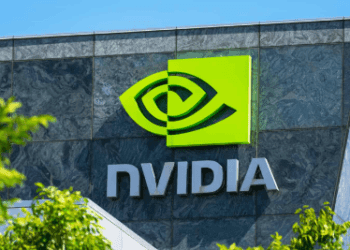Athira Sethu
Kochi, 10 February 2025
A two-day summit was organized by leaders in politics and in the tech industry in Paris, where the future of artificial intelligence and its impact on business and society was discussed. This event, co-hosted by French President Emmanuel Macron and Indian Prime Minister Narendra Modi, sought to establish AI governance worldwide, promote ethical AI, and call for greater European control over rapidly accelerating technology.
The summit, held at the Grand Palais, attracted around 1,500 delegates that included high-profile political figures such as US Vice President JD Vance and Chinese Vice Premier Zhang Guoqing, along with prominent tech leaders like OpenAI’s Sam Altman and Google’s Sundar Pichai. Debates were held on promises and challenges presented by AI, how AI can change industries, and the dangers that could accompany this transition.
Macron discussed the possibilities of AI while reiterating France’s commitment to development in the sector, which will involve an investment of 109 billion euros ($113 billion) into AI technology over the next 5 years. This investment is part of France’s strategic move to maintain competitiveness at the global level, similar to that in the “Stargate” program in the United States, which pledges $500 billion towards AI and computing infrastructure spearheaded by OpenAI.
The growing importance of AI in the global race for technology was also underscored during the event. The Chinese startup DeepSeek has shown off how low-cost, high-performance AI models are already turning the tables on well-established competitors in tech. At the same time, Europe is pushing to assert its importance in AI, with European Commission President Ursula von der Leyen planning to announce new supercomputers to enable AI research.
Besides the summit discussions, the launch of the “Current AI” initiative included $400 million of investments aimed at developing AI technologies for the public good. This initiative provides open-source tools and infrastructure for developers to establish socially and environmentally responsible AI systems.
There are many ambitions for AI’s present and future; however, achieving consensus among leaders on its development, regulation, and sustainability is still sorely lacking.




















